나혜석 작품집, Selected Works of Na Hye-seok, the Korean Pioneer of Women’s Liberation
ISBN 9791165399634
Language English
N. of Pages 372쪽
Size/Weight 151 * 226 * 26 mm / 485 g
Author/Editor Na Hye seok
Publisher 북랩
Date of Publication 2021년 09월 17일
Country of Origin Korea
ISBN 9791165399634
Language English
N. of Pages 372쪽
Size/Weight 151 * 226 * 26 mm / 485 g
Author/Editor Na Hye seok
Publisher 북랩
Date of Publication 2021년 09월 17일
Country of Origin Korea
ISBN 9791165399634
Language English
N. of Pages 372쪽
Size/Weight 151 * 226 * 26 mm / 485 g
Author/Editor Na Hye seok
Publisher 북랩
Date of Publication 2021년 09월 17일
Country of Origin Korea
A Korean pioneer of women’s rights, who was 100 years ahead of her time, a challenger against patriarchy and misogyny in the early 20th century, a woman of heart and steel who refused to be silenced, Na Hye-seok.
Is there anything more admirable than the voice of a woman that broke through the oppressive silence, fighting to free people from their oblivion to the injustice unfolding right before them? When her voice soared up, dancing her way through the clouds, lightning struck, thunder raged, clamping down on the dancing figure. Every time lightning sizzled and thunder rumbled, Na Hye-seok still went dancing away into the night, refusing to let her voice be silenced. She had her pen as a writer and her brush as a painter to fuel and stir her artistic spirits that liberated her and pushed her to liberate others. The translated collection of six fictional stories, such as Kyeonghee and fourteen nonfiction pieces, such as Confessions of a Divorcee are filled with Na Hye-seok’s spirits that dance to and fro. They call for the freedom from the social confinements of gender norms by demanding liberation from the ‘Good Wife and Wise Mother’ obligation and female chastity. The translated collection of short stories and essays by Na Hye-seok boldly criticized the institutional sexism passed down in Korean family customs. Yet, her unorthodox views had been trampled down and as a divorcee in the 1930s, she fell into disgrace, stained with a scarlet letter, socially ostracized, abandoned by friends and family, left destitute and all alone on her deathbed at the age of 54. She still, with every ounce of her strength, endured through the struggles in her life to support herself, the women of the time, and beyond. Her voice transcends the boundaries of time, and her passionate, inspiring words written in the translated works have historical value that would resonate with a global audience today.










































